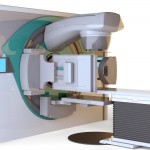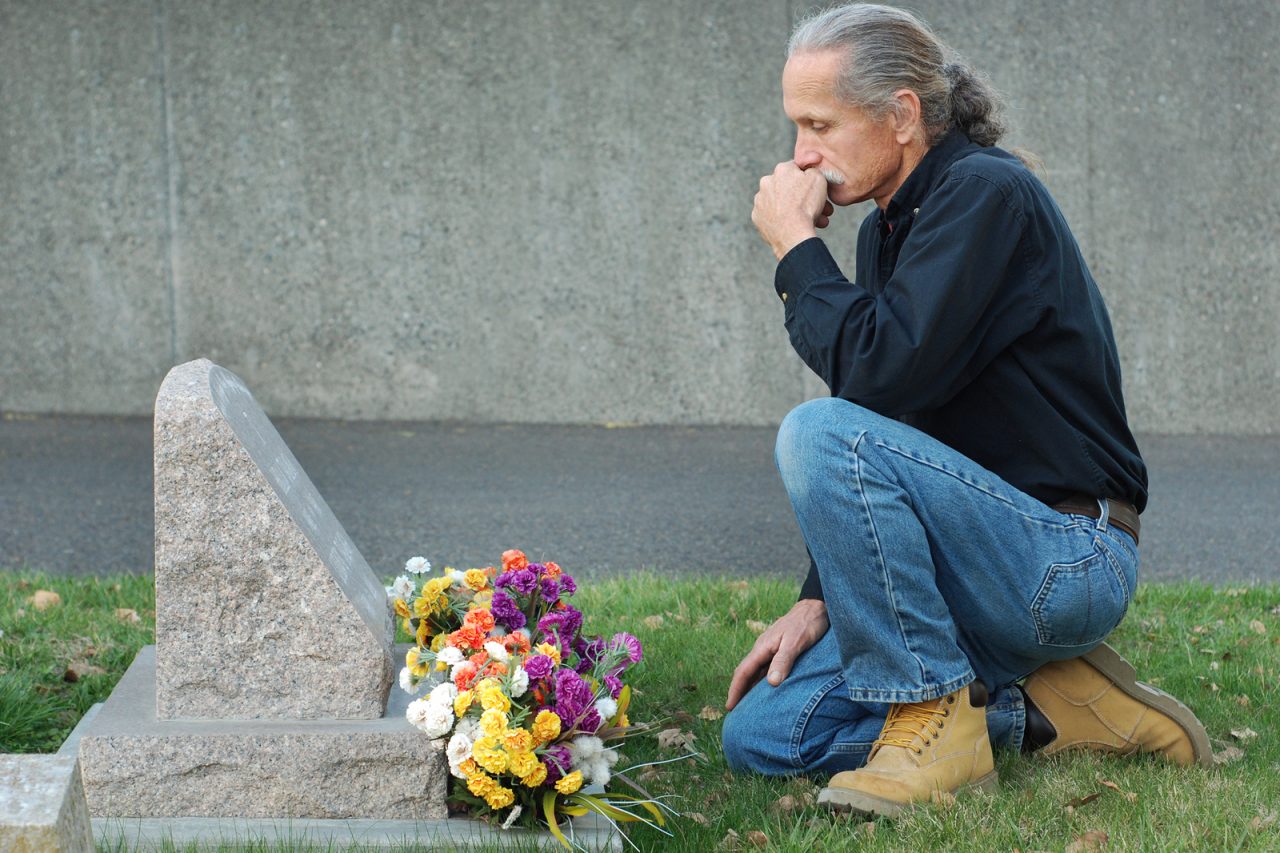Here is a little appreciated fact: Patients cannot order medical care; they can only accept or refuse it. Only a doctor can order medical treatment. In an extreme medical situation, the doctor can offer CPR, but it is the patient’s job to accept or reject. Any patient can refuse CPR. This refusal is known as Do Not Resuscitate or DNR, and for obvious reasons needs to be made ahead of time. The question is, when is making the decision to be DNR appropriate?
A further definition is needed. DNR (and its colleague, Do Not Intubate, DNI) is not the same as DNT, or Do Not Treat. A patient, at their discretion, may receive maximal medical care, including drugs, dialysis and surgery, and still be DNR. The DNR order in that situation is simply a line that the patient will not allow the doctors to cross. “Do everything you can to help me, but if it fails I do not want to end my life on a machine or with some gorilla pounding on my chest.”
On the other hand, a DNR can be a part of a hospice or palliative care program, so that all care is focused on comfort and not treatment. It is even possible, in very unusual circumstances, to receive hospice care without being DNR. A DNR order is like any medical decision, it can be changed if appropriate. DNR is not the same as “pulling the plug.”
How aggressive to be in receiving medical care is a personal decision. In order to make certain that our individual desires are followed it is critical that, as much as possible, these decisions be made ahead of time. This avoids panic, confusion, and guilt. In that spirit, let us review a few cases.
Ben is a 54-year-old gentleman with lung cancer, which has spread to bones and liver and is growing despite the third chemotherapy. His doctors inform him that a fourth chemotherapy has a 5% chance of helping him and a 20% chance of killing him. He wants to try the chemo. His physician says, “OK Ben, we will order the chemo but if things fall apart and your body starts to fail and we cannot fix it, do you want to be put on a machine?” Do you think Ben should make himself DNR?
Ben made himself DNR. He survived the chemo, but the cancer progressed and he died one month later.
Ellen has lymphoma that has spread to her lungs and she is having a very hard time breathing. She requires a complex chemotherapy, but has a 50% chance of cure. However, she also has a 50% chance of ending up, at least for a couple weeks, on a breathing machine, until the cancer shrinks and her lungs improve. If Ellen were your friend, what would you suggest? What if Ellen was a 31-year-old Mom? A 94-year-old Alzheimer’s patient?
Ellen had chemo, ended up on a respirator for a month, was cured of her lymphoma, and went home to her two-year-old daughter.
Stan is a 71-year-old man with advanced cancer at home on hospice. His wife loves him very much and wants him to be comfortable, but the idea of him dying at home frightens her. They have agreed that when he deteriorates they will call 911 and bring him back to the hospital. Should Stan be DNR?
Stan made himself DNR. He died peacefully in his sleep at home and never made it to the hospital. His wife is doing OK.
Susan is a 45-year-old woman with Multiple Sclerosis who is gradually becoming paralyzed. She does not want to be in a hospital or on any sort of machine. Her husband and 17-year-old child disagree and want her to “do everything.” Should Susan be DNR? If she were DNR, what would you say to the family?
Not wanting to upset her family, Susan decided not to be DNR and ended her life on a respirator in the hospital.
These are common problems and make the point that life is messy and it is vital to have conversations regarding end-of-life early so that the patient, family and doctors have a basic plan in place. This does not mean that the plan will not change or that it makes things easy, but it gives everyone a place to start and gets feelings in “the open.” After decades of having these conversations daily I have come to the absolute conclusion that there is only one “correct” way to approach end-of-life planning; that is exactly as each patient desires.






1 Comment